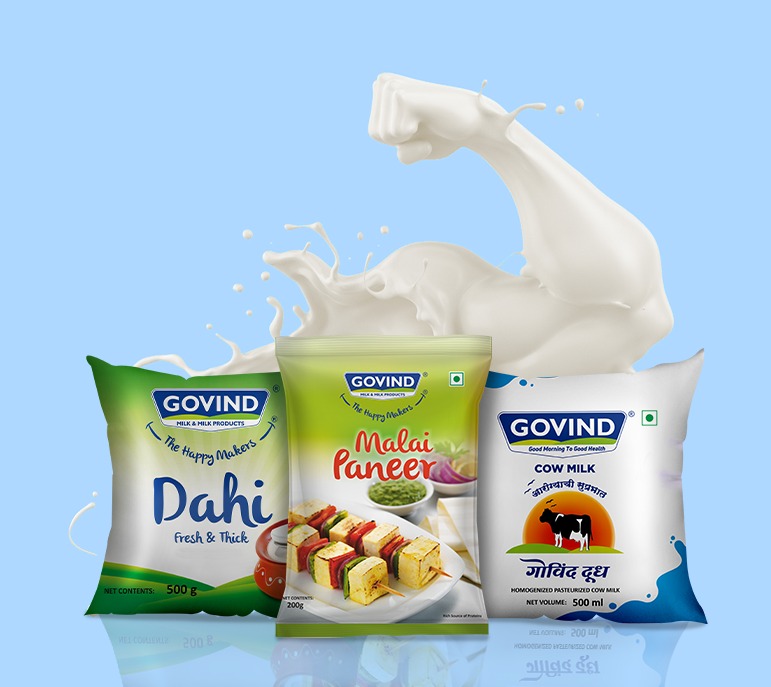May 28, 2024

Maintaining strong and healthy bones is essential for overall well-being. We reach peak bone mass around the age of 30, but you can continue to improve bone health and prevent osteoporosis throughout your life.
How to Support Your Bone Health?
Physical Activity: Regular exercise is crucial for bone health at all ages. Kids and teens should aim for at least an hour of physical activity daily, while adults should target at least 150 minutes per week. Incorporate a mix of weight-bearing exercises (like running, walking, dancing, and sports), strength training (such as lifting weights or body weight routines), and non-weight-bearing activities (like cycling and swimming). Including yoga and Pilates can also improve flexibility, core strength, and balance, reducing the risk of falls and bone injuries.
Diet: A diet rich in calcium and vitamin D is vital for bone strength and can help prevent osteoporosis. Adequate intake of these nutrients can slow the progression of the disease and reduce fracture risk.
The Role of Calcium and Vitamin D in Bone Health:
Calcium: This mineral supports the structure of teeth and bones, with 98% of the body's calcium stored in bones. The body uses bones as a calcium reserve, essential for functions such as blood circulation, muscle movement, and hormone release.
Vitamin D: This nutrient, found in a few foods and mainly in fortified products, is produced by the skin when exposed to sunlight. Vitamin D enhances calcium absorption, promoting bone growth and supporting nerve, immune, and muscle functions.
Getting the right amounts of calcium and vitamin D is crucial for a healthy lifestyle.
Best Dairy Products for Calcium
Milk: Milk is a calcium powerhouse, with one cup providing around 300 milligrams of calcium. It's often fortified with vitamin D to enhance calcium absorption.
Yogurt (Dahi): Rich in calcium and probiotics, yogurt promotes gut health and typically contains more calcium than the milk it’s made from.
Paneer: This versatile dairy product is a staple in many cuisines and an excellent calcium source, making it easy to include in various dishes.
Other good calcium sources include almonds, leafy greens, broccoli, salmon, and tuna.
Interesting Facts About Calcium:
Essential Functions: Calcium is needed for circulating blood, muscle movement, and hormone release.
Dietary Requirement: The body doesn't produce calcium, so it must be obtained from food.
Women's Health: Calcium is particularly important for women.
Vitamin D: Necessary for calcium absorption.
Age-Specific Needs: Calcium requirements vary by age.
Excess Intake: Too much calcium can have adverse effects.
Maintaining bone health involves a complex interplay of lifestyle factors, with dietary calcium being a key component.
At Govind Milk, we offer a wide range of dairy products to support your bone health and overall well-being. Shop for milk, yogurt, paneer, and more at a store near you!
Shop Now
How to Support Your Bone Health?
Physical Activity: Regular exercise is crucial for bone health at all ages. Kids and teens should aim for at least an hour of physical activity daily, while adults should target at least 150 minutes per week. Incorporate a mix of weight-bearing exercises (like running, walking, dancing, and sports), strength training (such as lifting weights or body weight routines), and non-weight-bearing activities (like cycling and swimming). Including yoga and Pilates can also improve flexibility, core strength, and balance, reducing the risk of falls and bone injuries.
Diet: A diet rich in calcium and vitamin D is vital for bone strength and can help prevent osteoporosis. Adequate intake of these nutrients can slow the progression of the disease and reduce fracture risk.
The Role of Calcium and Vitamin D in Bone Health:
Calcium: This mineral supports the structure of teeth and bones, with 98% of the body's calcium stored in bones. The body uses bones as a calcium reserve, essential for functions such as blood circulation, muscle movement, and hormone release.
Vitamin D: This nutrient, found in a few foods and mainly in fortified products, is produced by the skin when exposed to sunlight. Vitamin D enhances calcium absorption, promoting bone growth and supporting nerve, immune, and muscle functions.
Getting the right amounts of calcium and vitamin D is crucial for a healthy lifestyle.
Best Dairy Products for Calcium
Milk: Milk is a calcium powerhouse, with one cup providing around 300 milligrams of calcium. It's often fortified with vitamin D to enhance calcium absorption.
Yogurt (Dahi): Rich in calcium and probiotics, yogurt promotes gut health and typically contains more calcium than the milk it’s made from.
Paneer: This versatile dairy product is a staple in many cuisines and an excellent calcium source, making it easy to include in various dishes.
Other good calcium sources include almonds, leafy greens, broccoli, salmon, and tuna.
Interesting Facts About Calcium:
Essential Functions: Calcium is needed for circulating blood, muscle movement, and hormone release.
Dietary Requirement: The body doesn't produce calcium, so it must be obtained from food.
Women's Health: Calcium is particularly important for women.
Vitamin D: Necessary for calcium absorption.
Age-Specific Needs: Calcium requirements vary by age.
Excess Intake: Too much calcium can have adverse effects.
Maintaining bone health involves a complex interplay of lifestyle factors, with dietary calcium being a key component.
At Govind Milk, we offer a wide range of dairy products to support your bone health and overall well-being. Shop for milk, yogurt, paneer, and more at a store near you!
Shop Now
